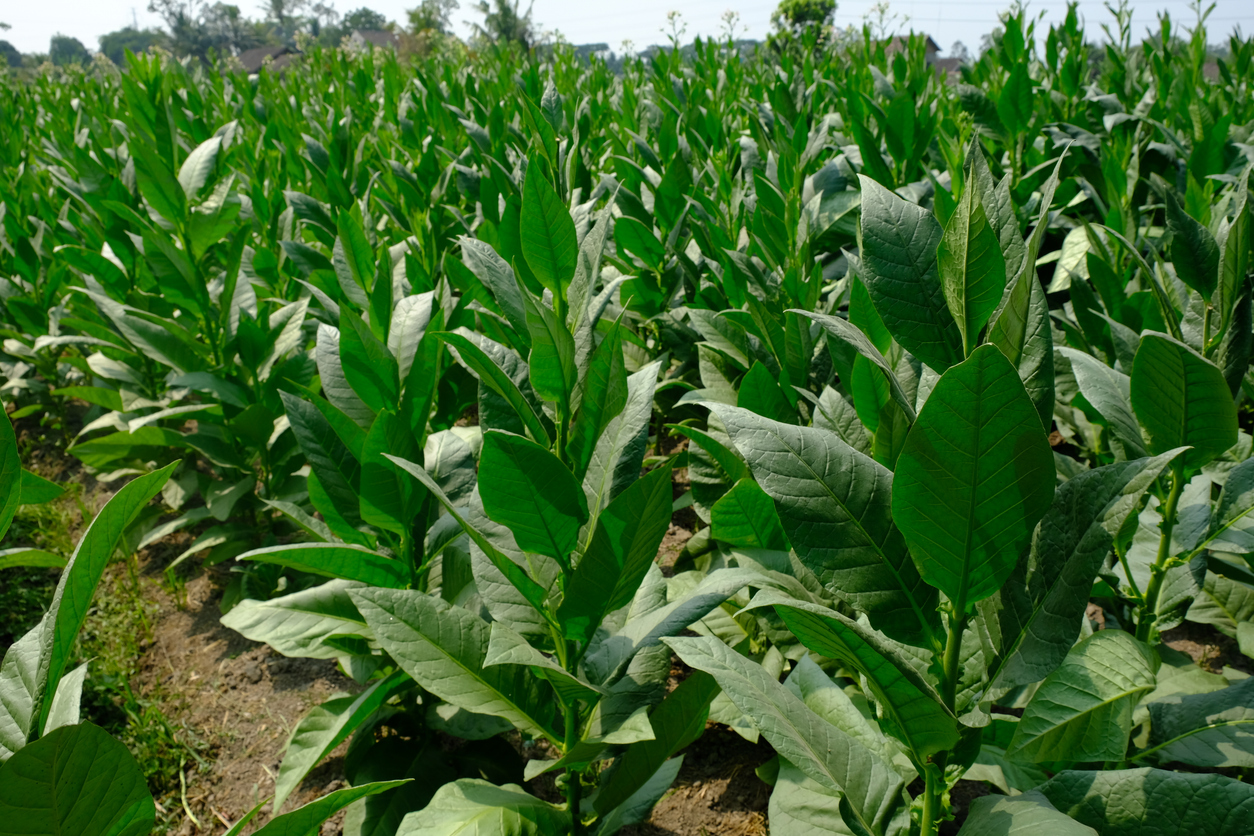
Water Stress Improves Triacylglycerol Production in High-leaf Oil Tobacco Plants
April 16, 2025| |
Experts from the Commonwealth Scientific and Industrial Research Organisation (CSIRO) in Australia investigated the effects of water stress on biomass and lipid accumulation in wild-type and high-leaf oil transgenic tobacco plants exposed to water stress. Their findings are published in Plant Physiology.
High-leaf oil plants have been developed through molecular methods to address the need for more plant oils. Under controlled conditions, the performance of these modified plants is promising, but there is a lack of information about how they perform under abiotic stress. Thus, CSIRO researchers tested the performance of high-leaf oil tobacco under water stress and compared it with the wild-type plants.
Results showed that the presence of transgenes increased leaf triacylglycerol levels in high-leaf oil plants by upregulating endogenous genes involved in lipid biosynthesis at the expense of biomass reduction, altered leaf lipid content and profile, and a decrease in unsaturation levels of membrane lipids compared to WT plants. Furthermore, the biomass penalty in high-leaf oil plants could reduce canopy transpiration, which led to better performance under water stress conditions. The wild-type and the high-leaf oil plants showed enhanced triacylglycerol accumulation under water stress but through different mechanisms.
The study concluded that moderate water stress enhanced oil production in high-leaf oil plants, highlighting the potential of this technology for sustainable oil production under future water scarcity due to climate change.
Read the research article in Plant Physiology.
| |
You might also like:
- Gene-edited Tobacco Plants Are Now Seedless and Pollenless
- Native Tobacco Plants as Sustainable ‘Biofactories' for Oral Medicines
- GM Tobacco Plants to Produce Industrial Proteins
Biotech Updates is a weekly newsletter of ISAAA, a not-for-profit organization. It is distributed for free to over 22,000 subscribers worldwide to inform them about the key developments in biosciences, especially in biotechnology. Your support will help us in our mission to feed the world with knowledge. You can help by donating as little as $10.
-
See more articles:
-
Plant
- Research Reveals Cry1Ab Kills Pests Through Two Pathways; Increasing Sustainability of GE Crops
- Two Insect-resistant Maize Events Reduce Fumonisin Pollution in China
-
Animal
- ISAAA Webinar Explores Animal Biotech Regulations in the Philippines
-
Food
- FSANZ Approves First Cell-Cultured Food to be Marketed and Sold in Australia and New Zealand
- Lettuce Biofortified With Folate Stable in Field Conditions
-
Health
- Scientists Develop New Gene Editing Tool that Replaces Entire Genes
-
Environment
- Genome Sequences for Five Duckwood Species Reveal Potential for Food and Fuel Source
- Water Stress Improves Triacylglycerol Production in High-leaf Oil Tobacco Plants
-
Read the latest: - Biotech Updates (January 28, 2026)
- Gene Editing Supplement (January 28, 2026)
- Gene Drive Supplement (February 22, 2023)
-
Subscribe to BU: - Share
- Tweet

